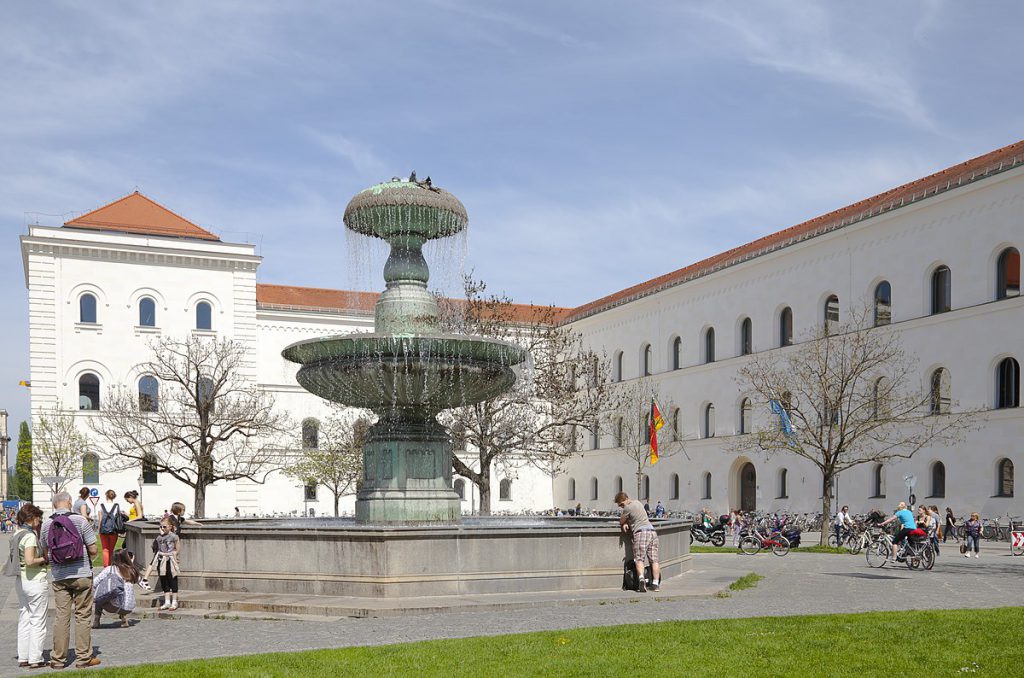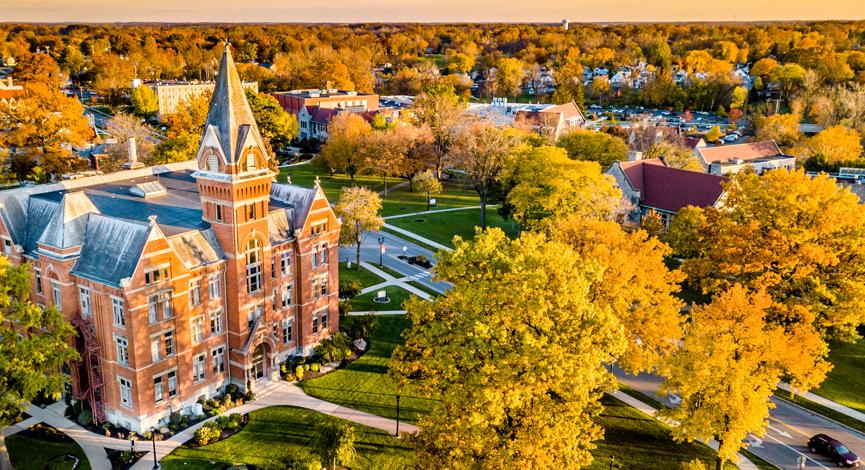Germany is a global destination for students who want to continue their studies and obtain a master’s degree, as it occupies the heart of Europe
Master’s degrees in Germany are usually classified into two types: Consecutive and NON-Consecutive.
The first type is designed to build on the academic knowledge you gained during your undergraduate degree.
Non-consecutive programs focus more on professional development and sometimes require applicants who have a bachelor’s degree in addition to work experience in the desired field.
Most master’s programs in Germany run over four terms (two years), but there are some that are shorter, and some that are longer.
1. Requirements to study a master’s degree in Germany

Language requirements:
Most courses are taught in German, so the foreign student must show proof of language proficiency. There are two tests available for this purpose: the German language test for university entrance, called DSH, and the other test called TestDaF.
While German is generally the primary language of instruction, a wide choice of English-taught programs is available there, especially for a master’s degree.
Usually, a first-cycle university degree (bachelor’s degree) from another country is accepted to progress to a master’s study in Germany, but there are special requirements that vary depending on the specialty, institute, or university, and where you obtained the first degree.
Some master’s programs require the applicant to have a specific number of hours in a specific field of specialization. These requirements are set by the department that provides the master’s program.
The required paperwork:
- A copy of the passport.
- Transcripts and graduation certificate for the bachelor’s degree, translated into German and certified by the Ministry of Foreign Affairs
- Curriculum Vitae.
- Personal Statement.
- My recommendation letter.
Other requirements:
Anyone who wants to study for a master’s degree in Germany must specify precisely the required specialization, because the student is expected to have spent a certain number of hours of study in the specialization while obtaining a master’s degree, and the student can also apply to the university in Germany directly, or apply Via the website, the student absolutely must have a valid passport, certificates of origin and language, and pay the fees specified by the university.
2. Study and living costs in Germany

Study costs:
Studying in Germany is almost free, and tuition fees cost 500 euros per semester, in addition to registration fees and student association fees. To 248 euros (it varies according to universities and states), it is mandatory and no exemption can be obtained, the total cost of study ranges between 42 to 800 euros per semester.
Living and housing costs:
Housing and living costs, which include eating expenses, transportation, entertainment, and other expenses, range between 600-650 euros per month, and when applying for a visa for the first time, a closed bank account must be opened in Germany and an amount of 8,700 euros is placed in it.
3. Top 3 universities for master’s studies in Germany:
1 – Freie University:
Freie University is located in Berlin, and it is one of the most important universities in Berlin, Germany, as it is considered a leading university in the study of arts and social studies, and holds the best rankings in the world, and one of its most important advantages is that it allocates more than one-third of its enrollment to foreign students every year. It is one of the most important universities for master’s studies in Germany.
2 – Ludwig Maximilian University of Munich (LMU Munich):
It is considered one of the oldest universities in Germany, ranked 60th in the QS classification in the world, and one of its most important advantages is that it offers studies in many disciplines in English, so that foreign students can study there for certain disciplines. It also offers a wide range of courses in English, such as physics, psychology, and business management.
3- University of Heidelberg (Universität Heidelberg):
The most important and prestigious universities in Western Europe, not only in Germany, can offer Master of Science degrees at the highest level, as it occupies the 50th place in the world, and the university opens its doors to foreign students, as they represent more than one-fifth of its student body, it is a distinguished university in the fields of science and modern technology.



